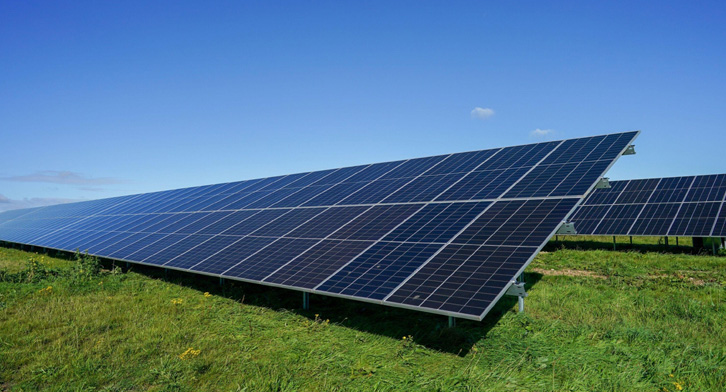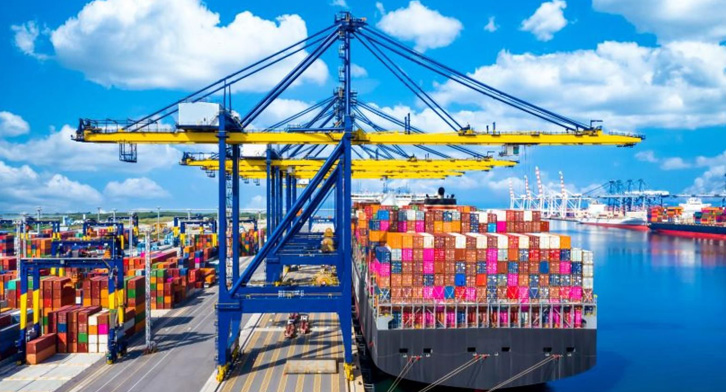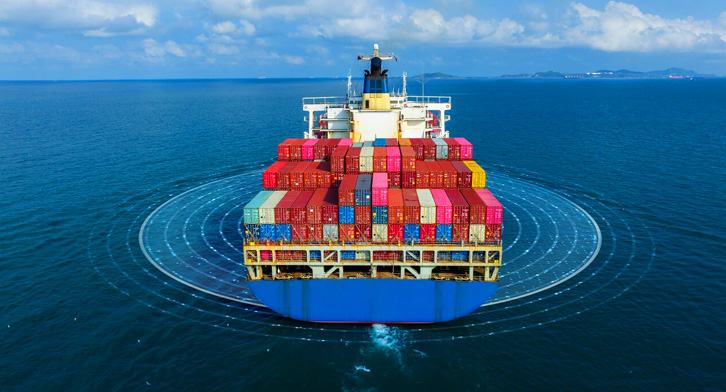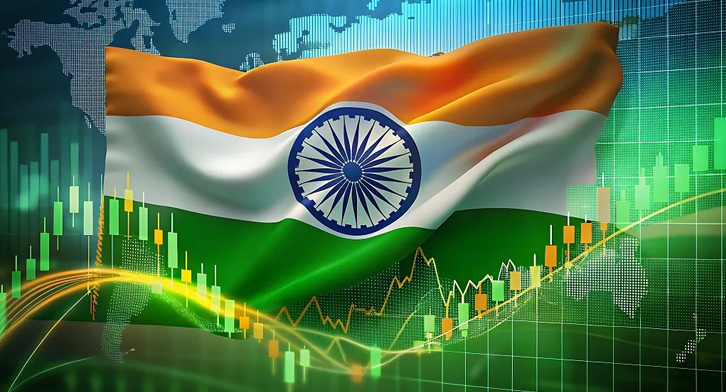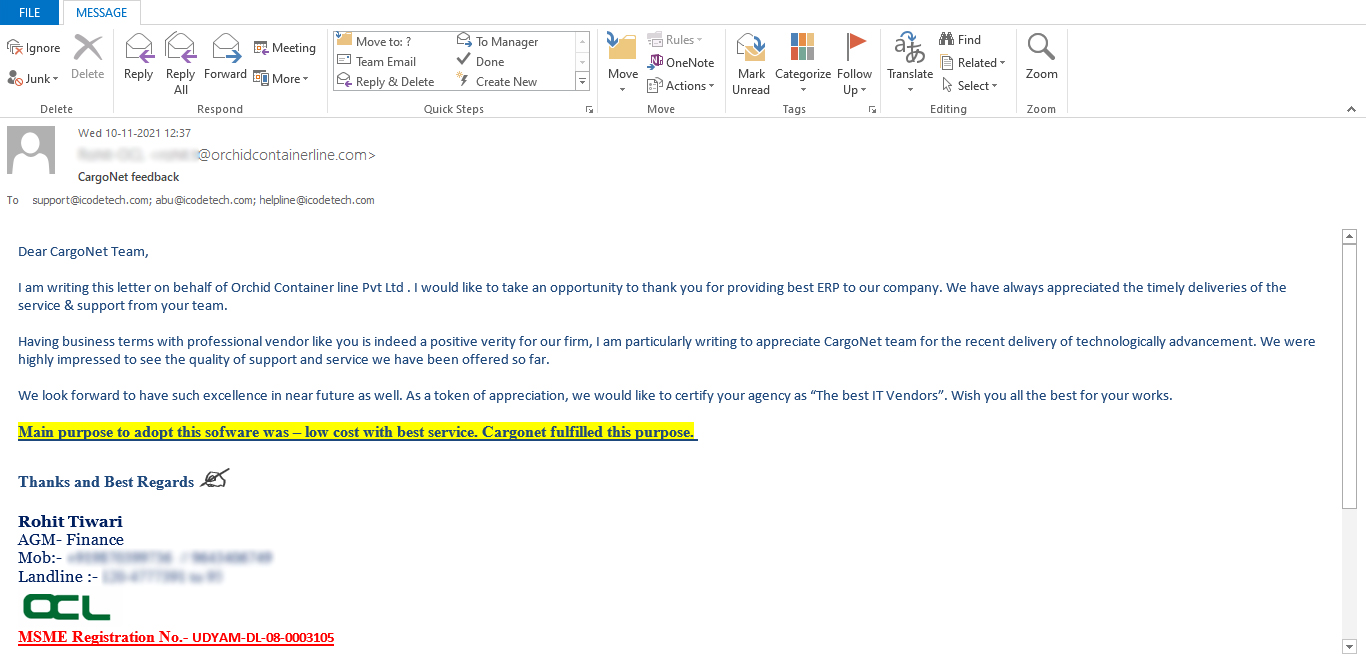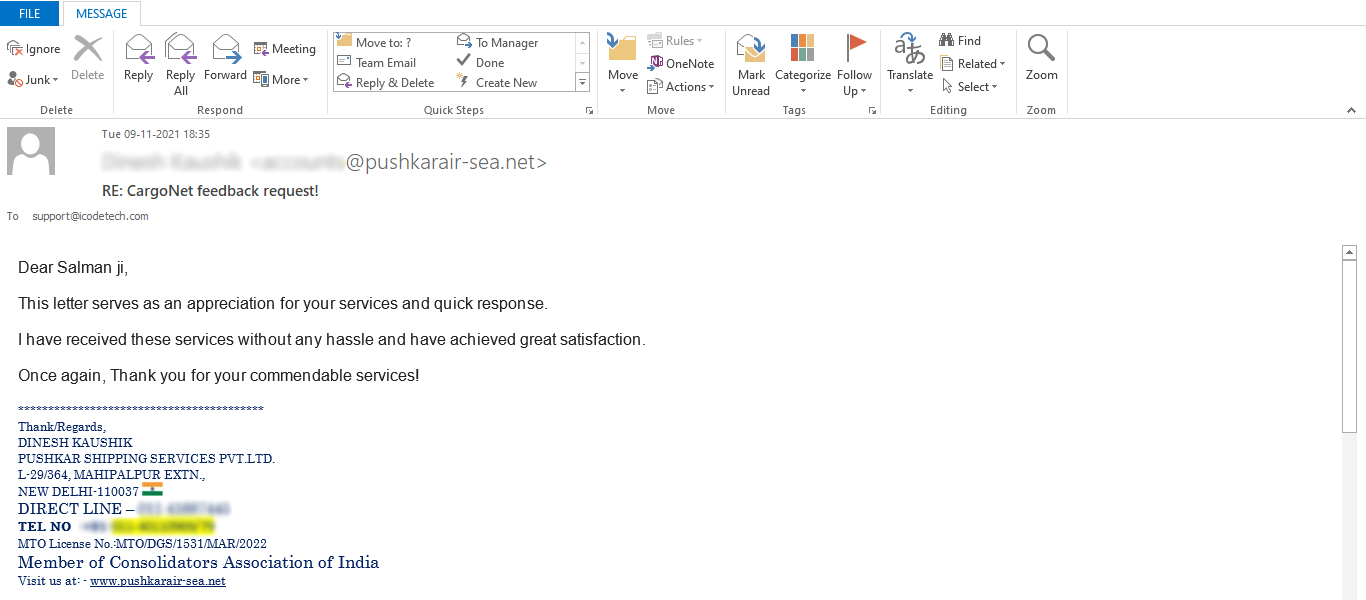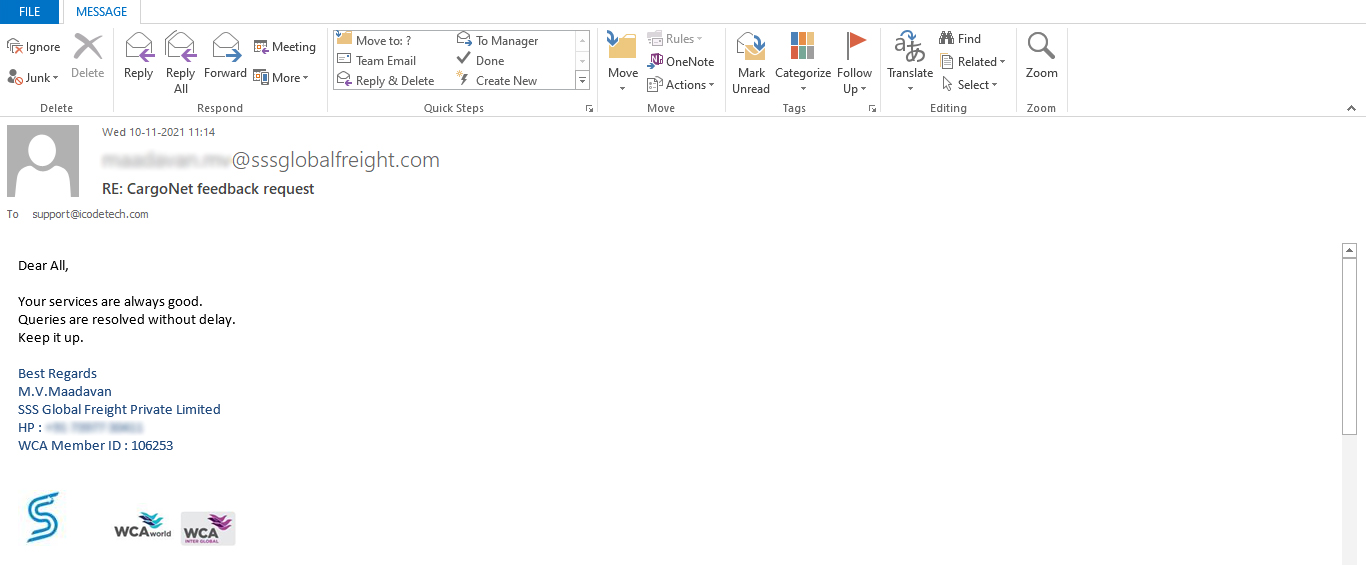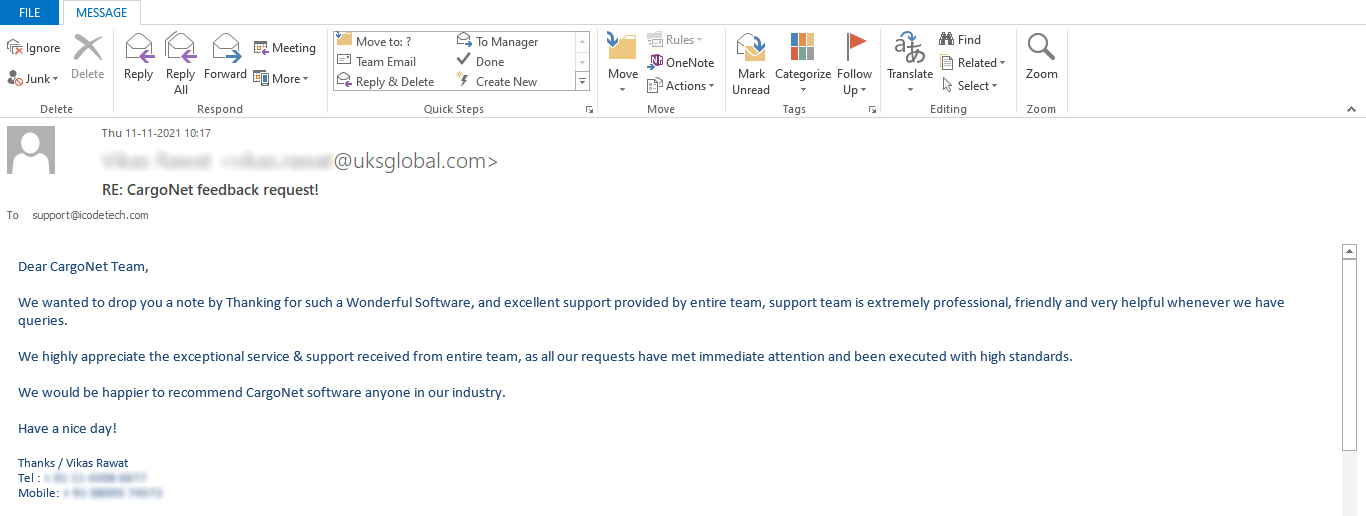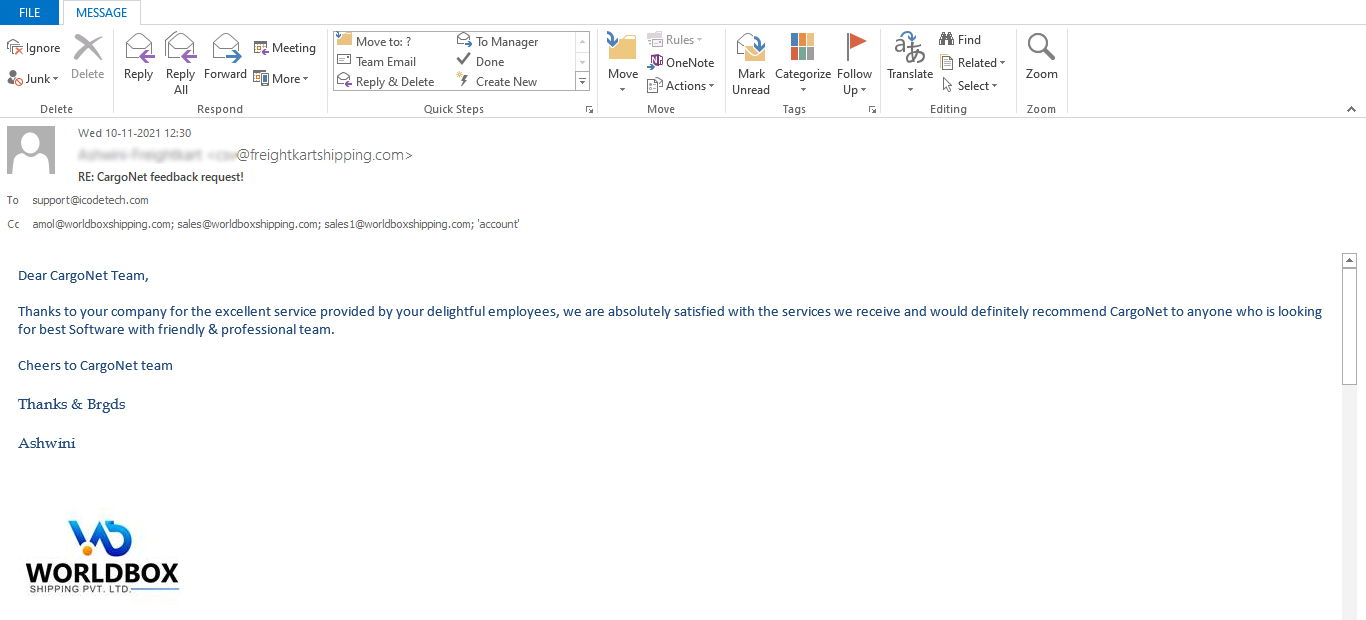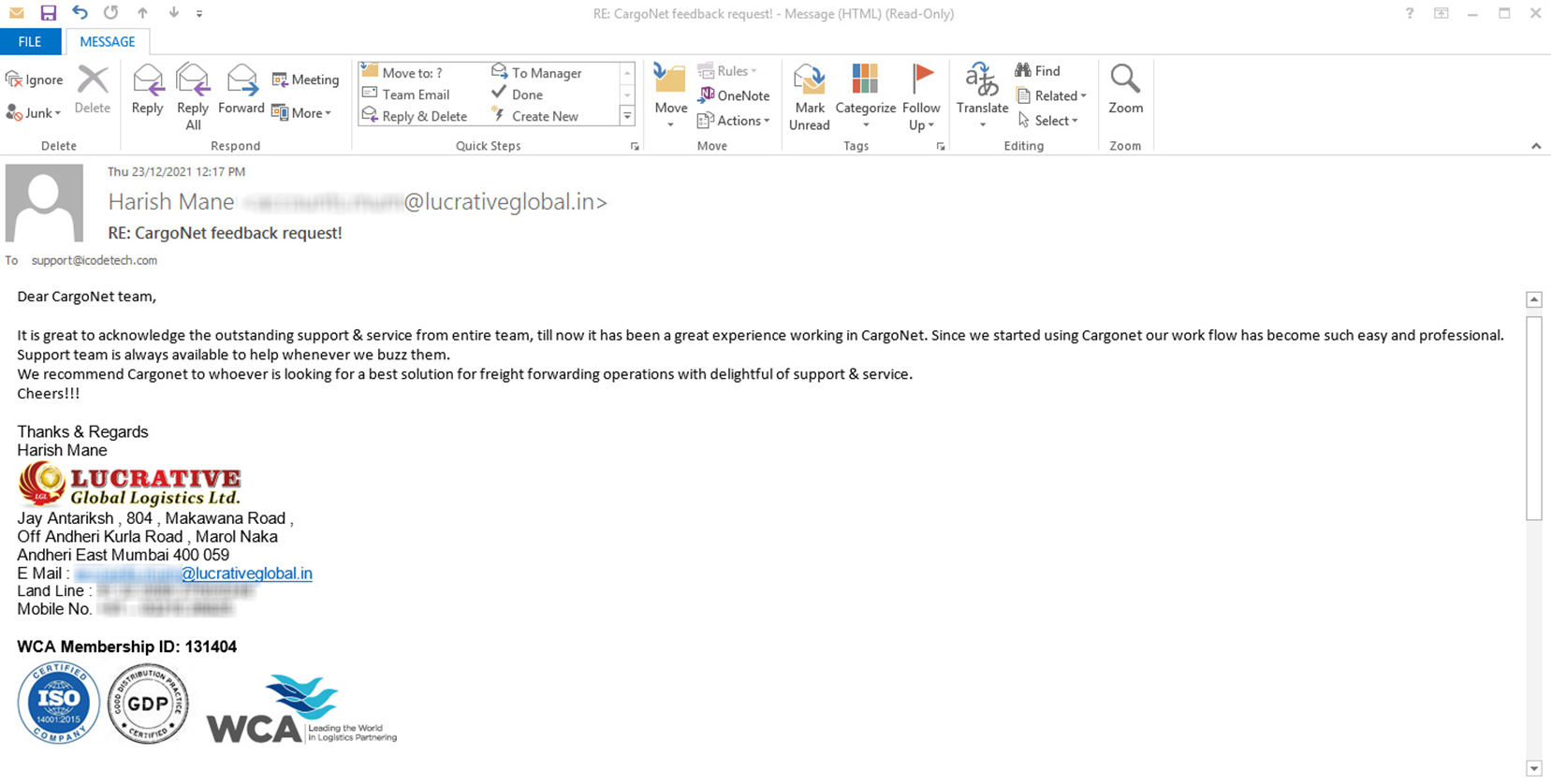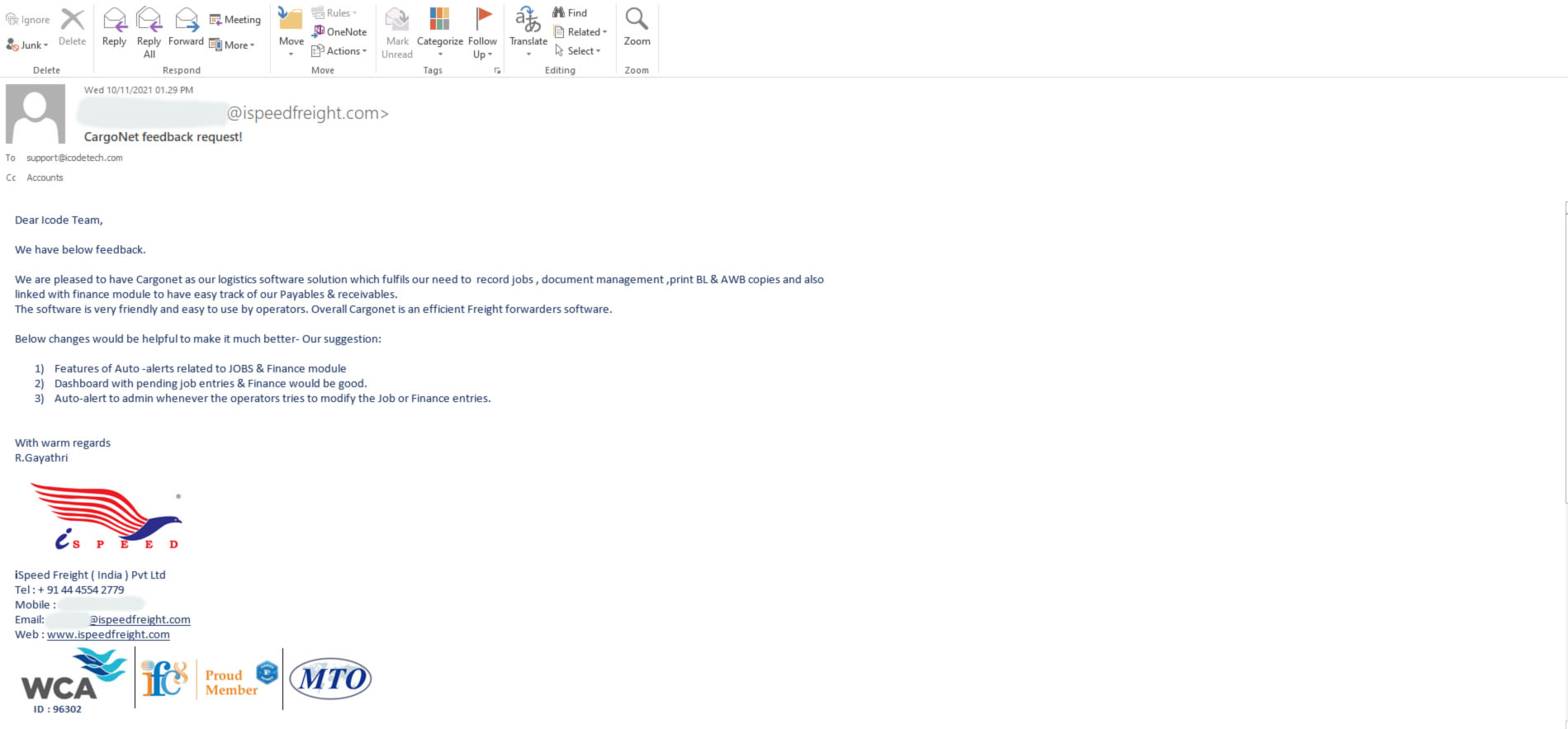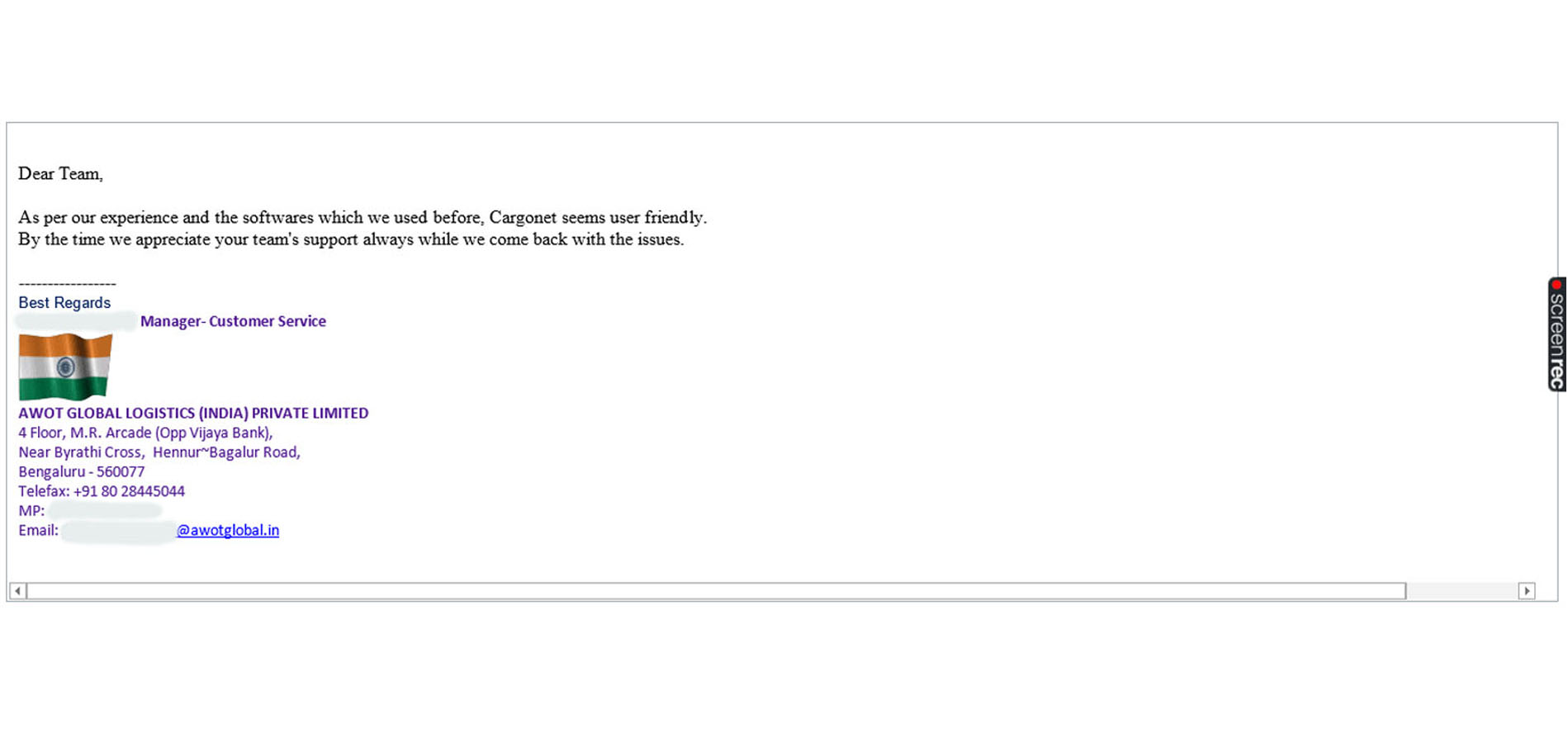In a strategic move to strengthen agricultural resilience, India has signed a major five-year deal with Saudi Arabia’s Ma’aden for the supply of di-ammonium phosphate (DAP) fertilisers — a lifeline for Indian farmers grappling with rising prices and global supply constraints.
This partnership comes at a crucial time, as China continues to limit its fertiliser exports, shaking up international markets and prompting countries like India to diversify sourcing.
Key Highlights:
- 5-Year Agreement: Ensures a steady, long-term supply of DAP and other fertilisers from Saudi Arabia’s Ma’aden to India.
- Public Sector Involvement: Indian Potash Ltd (IPL), Coromandel International, and Paradeep Phosphates are part of the deal.
- Supply Assurance: Although volumes aren't publicly disclosed, the agreement promises price stability and uninterrupted supply.
- DAP Demand in India: India imports over 60% of its DAP needs, making this deal vital for reducing dependency on volatile markets
- China’s Role: Ongoing Chinese export restrictions have triggered global price spikes, pushing India to secure alternative sources.
- Strategic Diversification: The agreement reflects India’s broader vision to build long-term fertiliser security and reduce reliance on single-country suppliers.
- Economic Impact: Aims to help the government cut back on fertiliser subsidies, which peaked at ₹2.55 lakh crore in 2022–23.
- Food Security Focus: Strengthening agri-supply chains ensures Indian farmers get timely and affordable access to fertilisers, supporting higher crop yields and stable food production.
Why It Matters
This agreement is more than a trade deal — it’s part of India’s growing push to insulate itself from global supply shocks and ensure that agricultural inputs remain accessible, affordable, and stable. For the world’s largest democracy, with millions of farmers relying on predictable support, such partnerships are vital to long-term food and economic security.



